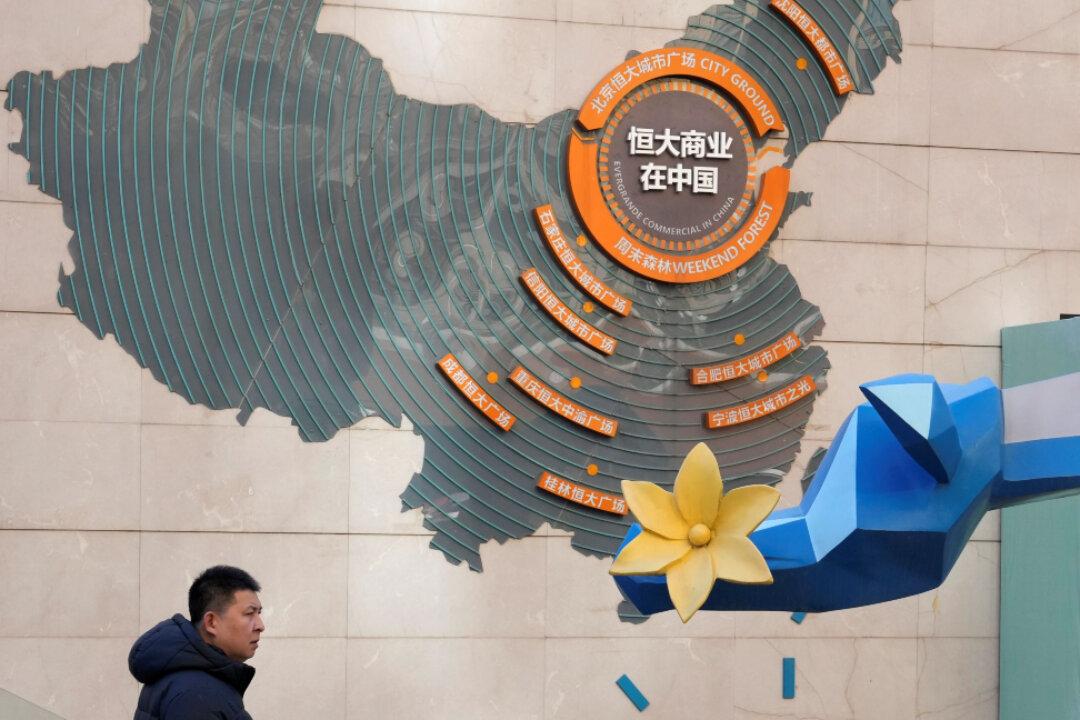China purged a number of senior bankers who allegedly misused power to grant loans and business contracts in exchange for money. Analysts say these were scapegoats of the collapsing Chinese economy which the upper echelon is heavily involved in but cannot be dealt with.
On Oct. 9, China announced that Li Xiaopeng, former party chief and chairman of China Everbright Group, was expelled from the Chinese Communist Party (CCP) and his post for severe violations of party discipline and Chinese laws including accepting bribery, illegally holding stakes in non-listed companies, and power abuse.




